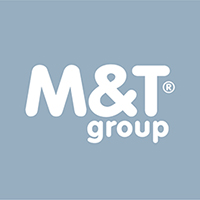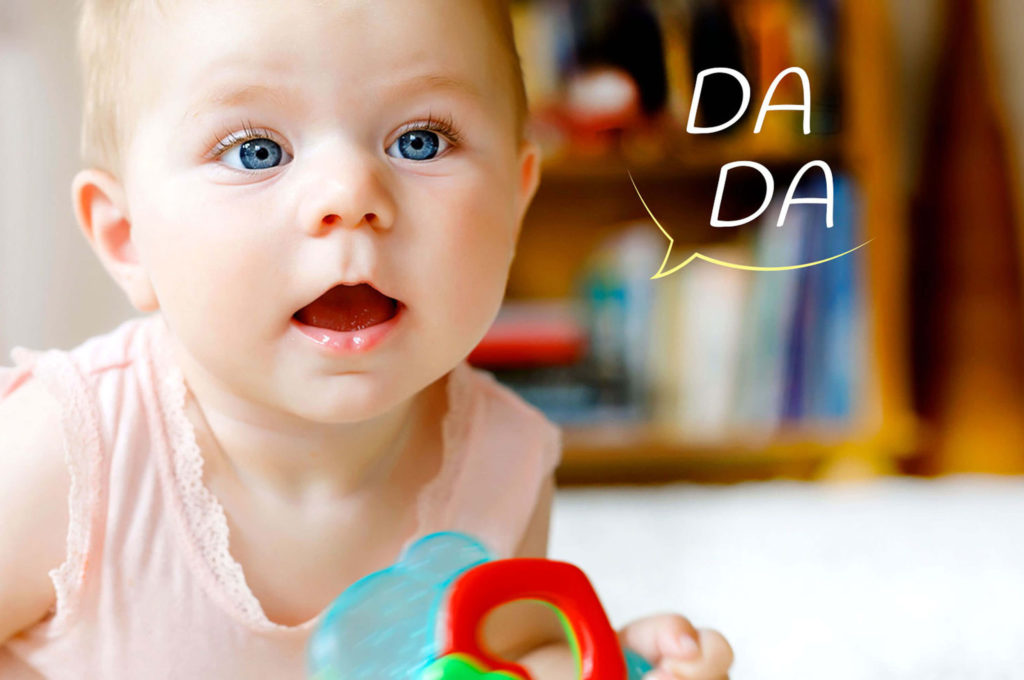A stage-by-stage guide to your baby’s language development.
Talking is one of the biggest milestones there is, and the latest research suggests there’s a lot you can do to help your child become a master chatter.
Months before my daughter Ella spat out her first official word (“bath!”), she was a Chatty Cathy in terms of sheer noise–exercising her pipes by howling for a feeding, squealing at a sock puppet, or babbling “ba ba ba” at the top of her lungs. And it turns out there’s a reason behind the racket. For babies, it’s a kind of linguistic cross-training–a way they prep for the main event of real speech, otherwise known as one of the coolest milestones ever.
The average age at which kids utter a bona fide first word is 12 months, and they’re able to manage two-word “sentences” by the time they’re 2. But (reality check!) as any pediatrician will attest, babies hit language milestones at a wide range of ages. A child who seems behind can all of a sudden make a giant leap ahead of her peers, verbally. And a kid who starts talking early may get stuck on the same few words for months before adding more to her repertoire. So no comparing or panicking! Sure, you can hardly wait to hear that first word or “wuv you.” But like all Big Moments in your baby’s life–sleeping through the night, sitting up, first steps–it will happen when she’s ready.
There are, however, proven ways you can nudge language development along, experts say. Check out our stage-by-stage (and completely anxiety-free!) guide to baby talk for the scoop on what you’ll hear, when to expect it, and how best to keep up your end of the conversation.




